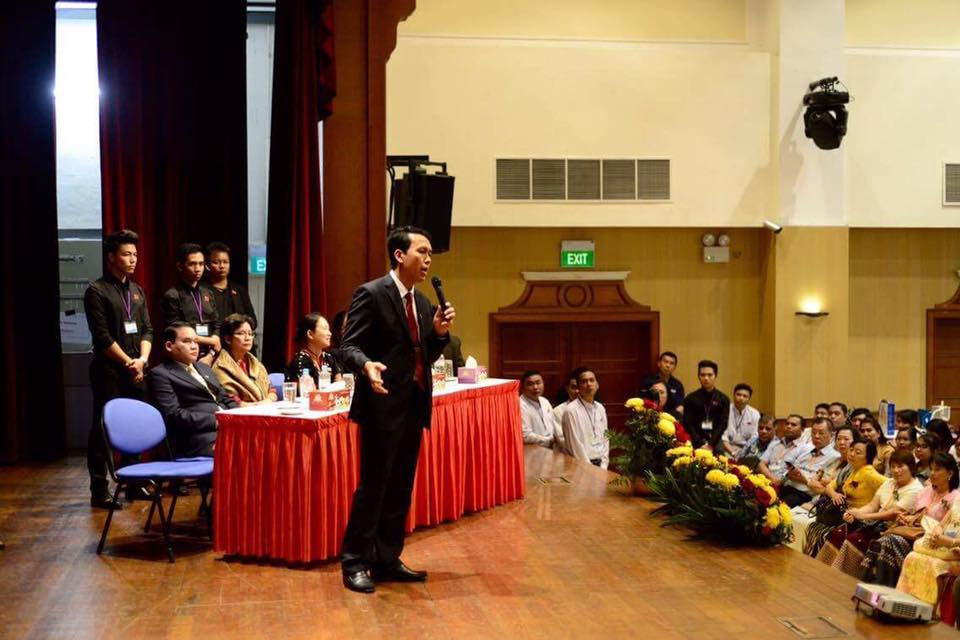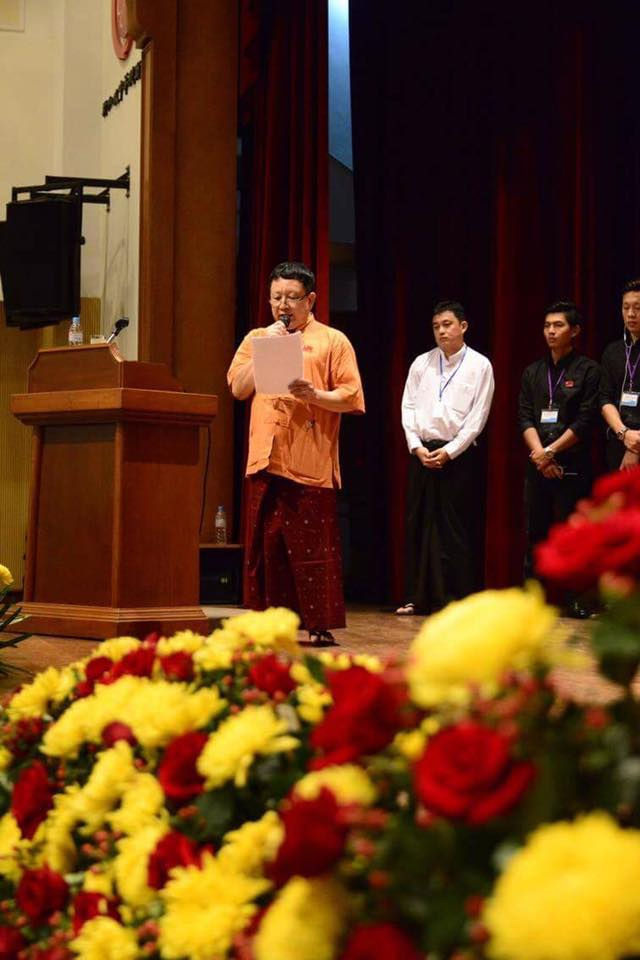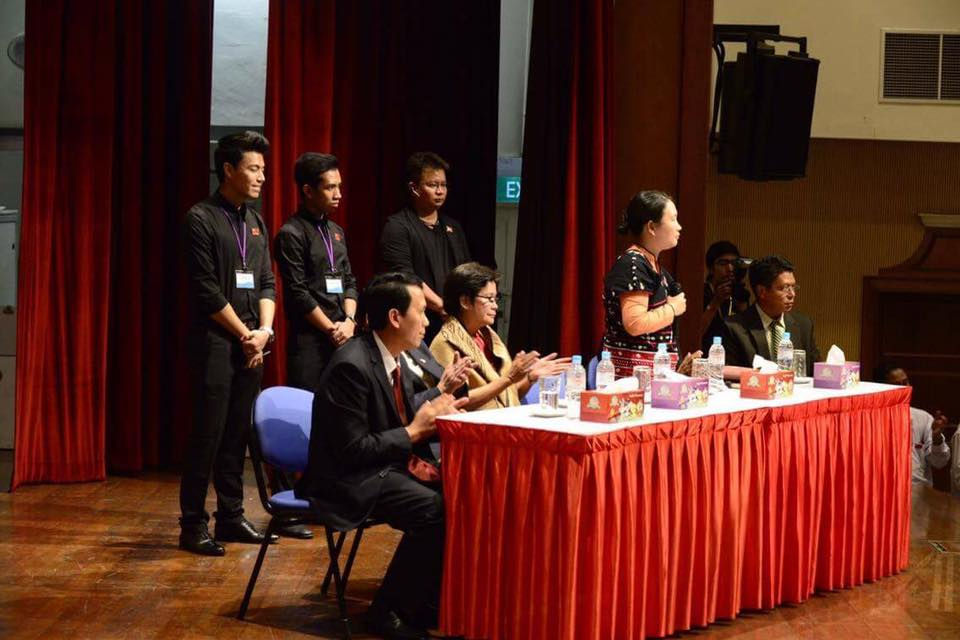Interview with Ms Thazin Thant III
- Clara
- Nov 6, 2016
- 4 min read
In this section, we explore the work of the publishing firm and spoke about Burmese politics. Our conversation with her has given us a different understanding of the Burmese community. While it is easy to focus on the plight of those Burmese migrants who are here doing less skilled jobs, we should not forget that there are also those who are influential within the circle, whether it's because of their profession or them having obtained their Singapore PR status. As mentioned before by Venerable Kwa Wnta, there are Singaporean-Burmese who are very crucial to the support system for these Burmese migrants and in general, the Burmese community here in Singapore.
Below is the third part of our interview with Ms Thant:
Q: I know your firm here does printing but you were saying that your mother does a lot of outreach stuff with the Burmese community right? So what are some of these stuff?
A: We used to do literature talks and it started to grow from there. It started in 2008 or 2009 and we invited some authors to come and talk in Singapore. At that time our ruling party NLD (National League for Democracy) didn’t win yet and so at that time people were more politically motivated and they managed to get more knowledge about politics. At that time, it was a military government and information was much more controlled so when the authors came and when they spoke, it was quite controversial and a lot of people enjoyed it. And it grew from there.
Q: So the Burmese community here was drawn to that?
A: Yeah they were drawn to that and that in turn because of Facebook and stuff, their friends in Burma also got to know about these things and it just spread from there.
Q: What’s the reason your mum is so interested in community outreach?
A: It’s just how she is lor, she’s just kaypoh la. And that’s why we wanted to open a publishing firm like this, in the first place.
Q: So when did your mum decide to set up this firm?
A: It’s actually quite recent, only after we set up the literature talks then we decided we wanted to do up a magazine with the authors.
Q: Why magazines?
A: Yeah because my dad likes to write! He is a writer.
Q: Okay we want to go back to the community stuff and talk about the stuff that you all do! One thing that was interesting was how you have invited controversial figures over to give talks on politics, but as for your family, you are all Singapore citizens, so what motivates your mum to do the stuff that she does?
A: I guess, we can’t sit around and do nothing. It’s more of my parents, for me I’m more of an observer. For my parents they went through the ’88 revolution in Myanmar and they said they couldn’t sit around and let people not know the truth. So they really want to educate them via this magazine and through these talks. Because my dad also had good relations with these authors and, this is also the reason why the talks are so successful. He plans with them and he knows what the people in Singapore would like to discuss or talk about. My parents just want them to know the truth.
Q: What is your family’s political allegiance?
A: Definitely pro-Aung San Suu Kyi.
Q: So your objective here for this firm is not profit-driven right?
A: Yeah it’s enough to just break even, our goal is just to bring up and grow the Burmese culture here.
Q: Before your magazine started in 2008, did your parents already do things to gather the Burmese community together?
A: Not really yet.
Q: So this is the main platform which you guys use?
A: Yup!
It is touching to see that Ms Thant's family has put in so much effort in educating fellow Burmese here in Singapore on the happenings back in Myanmar. What is even more interesting is how her publishing firm has managed to spark more conversation about Burmese politics among Burmese residing in Myanmar. I think this shows the power of what a migrant community can achieve for its own country despite not residing within. What is so evident here is the presence of an agency for people living under a military regime such as that of Myanmar, as they make use of their friends who have had migrated to other places to find out about what is not being disclosed or shown to them back at home. And even more so, the personal experiences of Burmese migrants such as Ms Thant's parents showed us that even as they move to a foreign country, they are still able to stay connected with what they care about the most. Identity, in this case, is succinctly illustrated by their efforts to educate and strengthen the bond within the Burmese migrant community here in Singapore.






Photos courtesy of Thazin Success Magazine Singapore
References:
https://www.facebook.com/thazinmagazine/
Comments